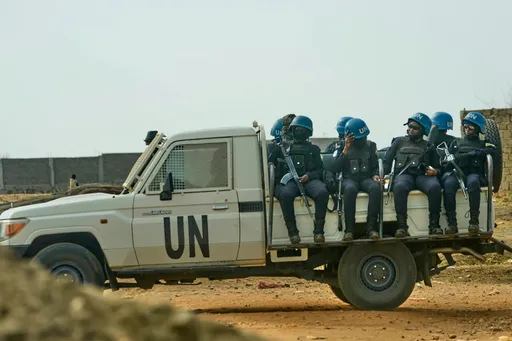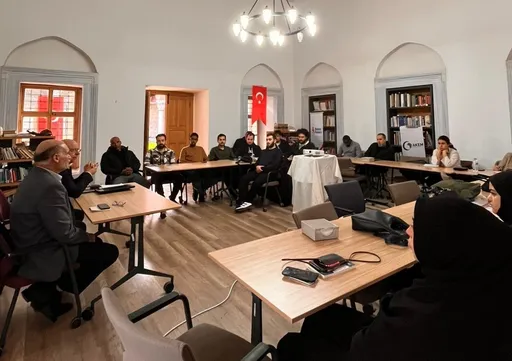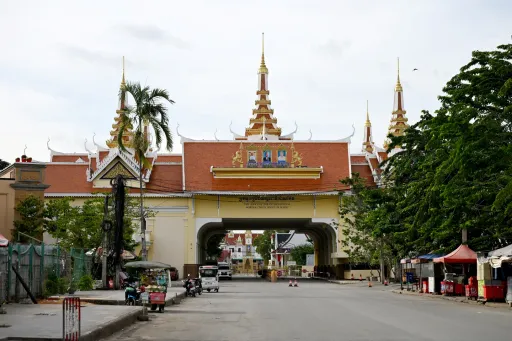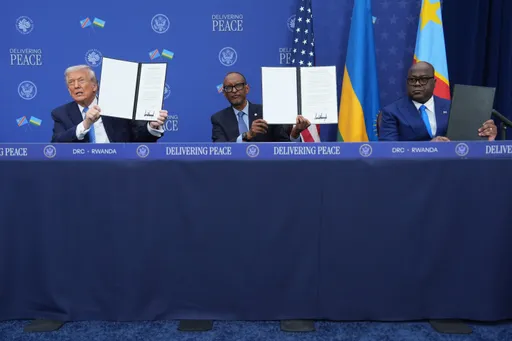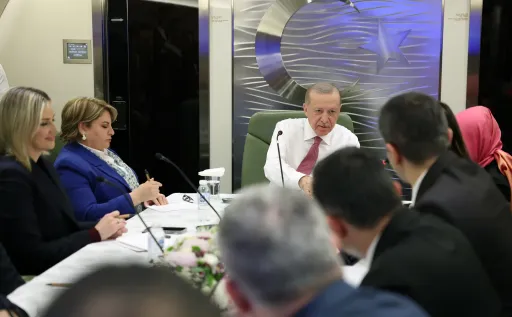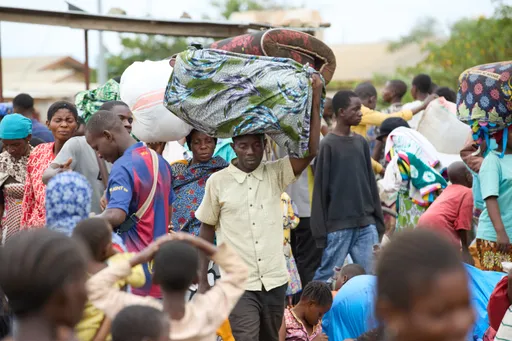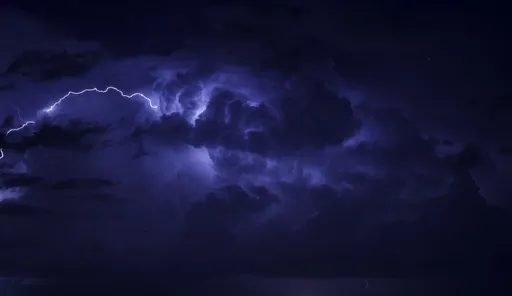By Firmain Eric Mbadinga
Alhadj Dandal Abdoulaye and Haoua Mahamat have often despaired at the thought of how long the next dry spell might last.
Living and farming in the semi-arid Chadian areas around the capital, N'Djamena, where watercourses can be as valuable as oil wells, tests the human spirit like little else can.
As hope drains along with the parched earth, farmers like Abdoulaye and Mahamat — both residents of Gaoui village — surrender themselves to the elements.
The impact of climate change over the past few seasons has been particularly severe, with already erratic rainfall becoming increasingly scarce.
In one of the world's hottest regions, that can sound the death knell for farming.
Like in much of Chad's north, growing fruit and vegetables in Gaoui is seen as a risky commercial investment amid deteriorating climatic conditions characterised by sharp, abnormal spikes in temperature.
For most of the region's rural population, subsistence farming seems to be the only feasible option.
Thankfully, an irrigation project focused on Gaoui, 10km northeast of the capital city of N'Djamena, has rekindled enthusiasm about farming by saving many hectares of farmland from desertification.
The primary objective of launching the project in this village, known for its traditional architecture and pottery, is to assist and train agricultural entrepreneurs in methods designed to tide over the challenges of climate change.
The initiative started early this year with the UN World Food Programme (WFP) partnering with the L’Agence Nationale de la Grande Muraille Verte du Tchad (ANGMV) to "revitalise the agricultural and economic potential of the village of Gaoui".
Game-changing initiative
Mamane Salissou, head of resilience-building at WFP-Chad, believes the project has the potential to scale agriculture in the region to commercially sustainable levels.
"Through this resilience program, the two partners aim to help vulnerable populations move away from dependence on humanitarian aid.
ANGMV operates throughout the Chadian belt, encompassing the provinces under the African Union's Great Green Wall along the Sahel," he tells TRT Afrika.
"Besides food security, the idea is to minimise the threat of climate change and work towards developing concrete actions with a positive ecological impact. The Gaoui site represents what we aspire to achieve."
A five-hectare patch of land in the village is the template for future endeavours. From the tribal chief to the herdsman to the farmer holding on to his last surviving vegetable garden, the local population's eager participation in the technical sessions coordinated by experts from the agriculture ministry set the tone for the project.
The first tangible benefit was the construction of a solar-powered borehole to help restore the land's fertility.
"We fenced off the site before installing the irrigation system," Salissou tells TRT Afrika.
Work at the site started in February with sponsorship and technical support from the WFP.
In addition to training for some and capacity-building for others, a range of tools and other agricultural inputs were provided.
Green shoots emerge
It didn't take long for the efforts of the 400 project beneficiaries, working from dawn to dusk, to yield results.
"The initial results are more than positive. Thanks to the hydraulic irrigation facility, we have reclaimed degraded land and made it arable for the long term.
The farmers are already growing various vegetables, including garlic, carrot, tomato, and cucumber," says Salissou.
The primary aim is to ensure food and nutritional security. Once this is fulfilled, whatever is left of the produce is taken to the Gaoui market for sale.
Abdoulaye is among the farmers who have bought into the vision for sustainable farming in a region facing persistent drought.
The United Nations Development Program projects that if nothing is done about the drought, it could spread as far as the south of the Central African country.
"The ecological farm project financed by the WFP has been a godsend," Abdoulaye tells TRT Afrika.
"The first harvest has shown us where we can go. We now know that growing vegetables for domestic consumption and the market is possible even at this time of the year."
Test case for region
The profits from the first sales of the season have enabled the villagers involved in this project to set up a self-financing fund to support them in the event of emergencies or for other income-generating projects.
The success of this collaborative effort within the village is a model that the residents wish to see expanded to more beneficiaries.
"The evolution of this economic and environmental project is the best thing to have happened to us," says Mahamat.
Experts see Gaoui as a textbook project for the region, enabling the local population to ensure food security and raise their agricultural income.
➤Click here to follow our WhatsApp channel for more stories.









